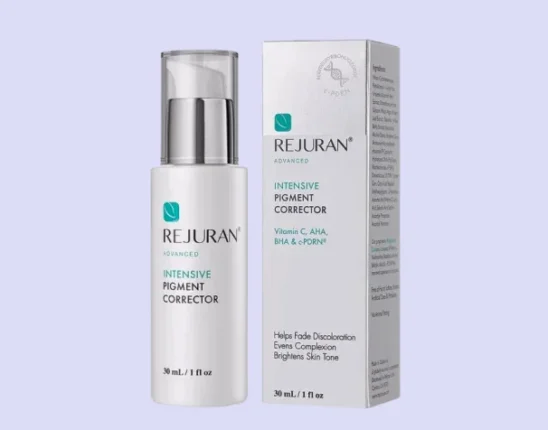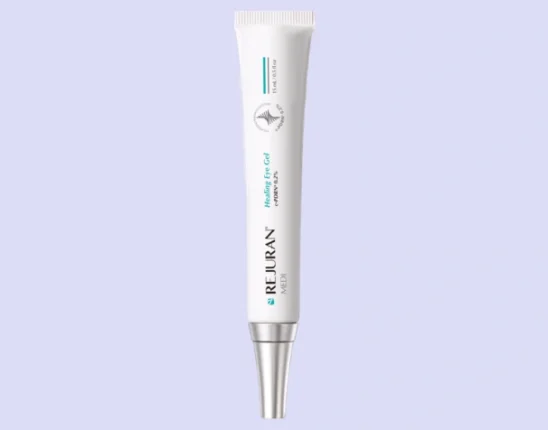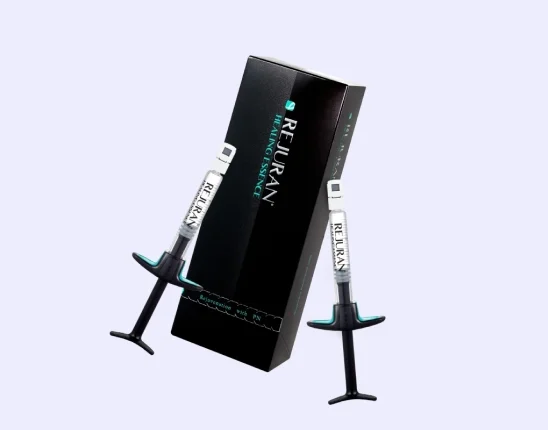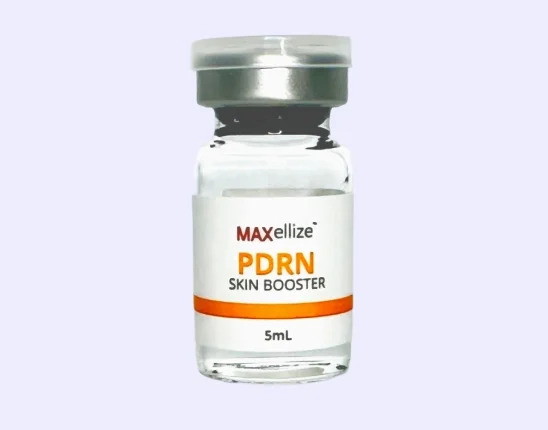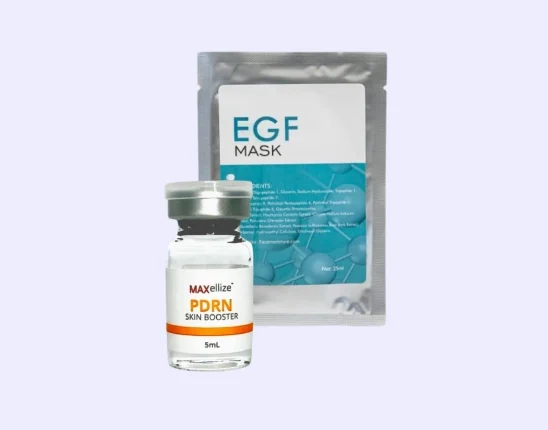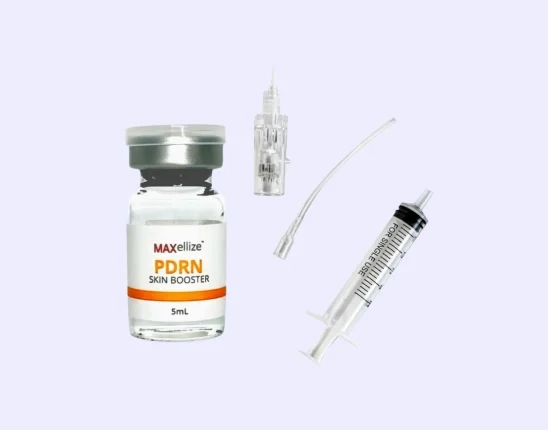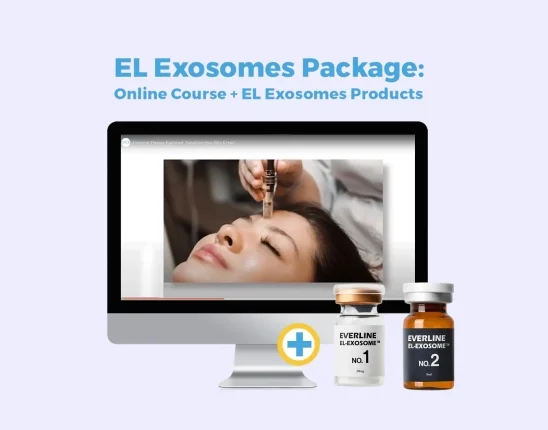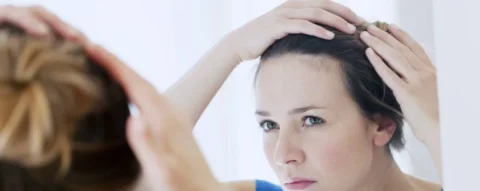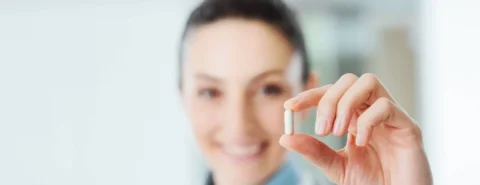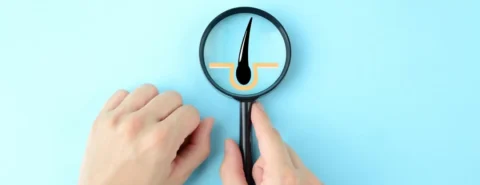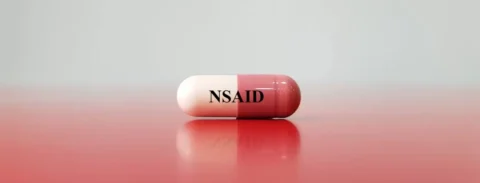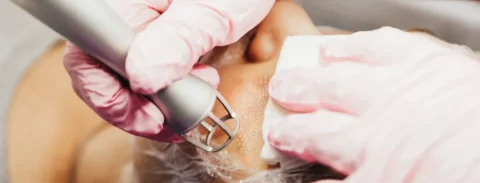The use of non-steroidal anti-inflammatory drugs (NSAIDs) is a good way to relieve soreness in the body. However, despite its possible relief to soreness, which is one of the temporary negative effects of platelet-rich plasma injections, their use is prohibited before and after PRP therapy.
So do anti-inflammatories inhibit the production of growth factors for hair growth? Yes, because the levels of growth factors in platelet-rich plasma decline upon the use of NSAIDs, leading to a decrease in the effectiveness of the procedure.
How NSAIDs Affect The Effectivity Of PRP
The mechanism of action of non-steroidal anti-inflammatory drugs relies on inhibiting cyclooxygenase, an enzyme responsible for the formation of prostaglandins and thromboxanes from arachidonic acid. These molecules are responsible for the inflammatory response and thus NSAIDs effectively inhibit the immune responses through these molecular mechanisms.
While the process described above provides the beneficial effects of NSAIDs in relieving pain, it consequently leaves a negative impact on the effectiveness of PRP which relies on the patient’s inflammatory response to effectively promote the phase of healing of injured body parts.
1) NSAIDs And Their Influence On Growth Factors In PRP
Clinical studies show that the administration of NSAIDs significantly causes a decline in the levels of growth factors in PRP. This means that the release of growth factors in PRP is inhibited by NSAIDs, thus making PRP injections less effective. However, studies also show that stopping NSAIDs results in a return to normal levels of the growth factors; this is the exact reason why NSAID use is prohibited before and after PRP injections for a specific period of time.
2) NSAIDs And Their Influence On Platelet Function
Non-steroidal anti-inflammatory drugs also have inhibitory effects on platelet function due to their inhibition of cyclooxygenase function. Platelet aggregation is effectively inhibited by NSAIDs, leading to the inhibition of the formation of the hemostatic plug of primary hemostasis, which in turn is necessary for the mechanism of action of PRP.
Studies also show that growth factors in PRP are decreased when antiplatelet medications are used, further proving that inhibition of platelet function has an adverse effect on the effectiveness of PRP.
3) NSAIDs And Their Influence On Wound Healing
Phases of wound healing are overlapping and include hemostasis, inflammatory phase, cell proliferation, and remodeling. Platelet aggregation is part of hemostasis, which, as mentioned earlier, is adversely affected by non-steroidal anti-inflammatory drugs. NSAIDs thus exert an inhibitory effect on wound closure and can also impair granulation tissue formation.
Hair Loss Due To NSAIDs
Platelet-rich plasma injections are one of the known therapies for hair loss. Since NSAIDs exert inhibitory effects on PRP, it is thus intuitive to think that NSAIDs can impair the healing effects of PRP to androgenetic alopecia or AGA-affected tissues, making PRP ineffective against hair loss.
Aside from the indirect effects of NSAIDs on hair loss due to the ineffectiveness of treatment, NSAIDs can also cause hair loss directly as one of the adverse effects of this class of drugs. Called medically as telogen effluvium, NSAIDs push the human hair growth cycle to prematurely go from the anagen phase or the growing phase to the telogen phase or resting phase. This then causes hair to fall out and shed, resulting in hair loss.
PGHS-1 As The Target Of Hair Growth-Inhibitory Effects Of NSAIDs
Two isoforms (enzymes with similar functions but different properties) of prostaglandin endoperoxide synthase (PGHS) exist in the body: the cryoprotective PGHS-1 and PGHS-2. Both of these isoforms are expressed in the dermal papilla of human hair follicles, although PGHS-1 is more abundantly expressed than PGHS-2 and thus exerts a more significant role in hair growth. NSAIDs exert an inhibitory effect on the cyclooxygenase activity of these isoforms, effectively inhibiting the hair growth-promoting activities of these isoforms.
Other Medications That Cause Hair Loss
Drugs may induce hair loss by stopping the division of hair matrix cells (medically called anagen effluvium) or forcing the hair follicles into going into the resting phase (medically called telogen effluvium).
As previously described, non-steroidal anti-inflammatory drugs can cause hair loss. However, NSAIDs aren’t the only class of drugs that cause drug-induced alopecia. Other medications that are also known to cause hair loss include the following:
1) Antirheumatic Drugs
Disease-modifying Antirheumatic Drugs (DMARDs) is a class of drugs used to treat inflammatory conditions such as rheumatoid arthritis by mediating specific steps in the inflammatory response. DMARDs that are commonly prescribed and cause hair loss include methotrexate and leflunomide. They stop inflammatory cells proliferating but unfortunately, they can also stop hair follicles from growing as well.
2) Anti-Gout Medications
Anti-gout medications work by lowering the high uric acid levels of people with gout. Common drugs against gout include colchicine and allopurinol and they’re both reportedly causing hair loss as their adverse effects.
3) Hormonal Medications
Hormonal medications are commonly used as methods of birth control, with the most widely used being the combined pill and progestin-only pill. Progestin, the synthetic form of progesterone present in these pills, causes hair loss due to its androgenic activity or hormonal effects similar to that produced by male hormones. Caution must then be done by females who are hugely affected by even the slightest hormonal changes or those with a family history of hair loss.
4) Blood Thinners
Warfarin sodium and heparin injections are common anticoagulants or blood thinners that cause hair loss. Hair loss is known to occur 12 weeks after taking these medications and the mechanism behind it is hypothesized to be telogen effluvium.
How To Deal With Medication-Induced Hair Loss
The first step in dealing with medication-induced hair loss is to identify which drug is causing the problem. When this is already ascertained, the best way is to talk to the doctor about it to consider adjusting the dose or changing the medication to a drug of the same mechanism of action that may not cause the same adverse effect.
However, if this can’t be done, here are some helpful tips to minimize hair thinning caused by the medication:
1) Topical Minoxidil and Other Medications
Minoxidil is an over-the-counter commonly used against hair loss. Its exact mechanism of action is still unknown but it’s proven to be safe and effective against hair loss problems including female pattern hair loss. Minoxidil is a topical treatment that may be used even on damp hair. It’s applied by filling the applicator with 1 mL of the medication or using 20 drops to the area of the scalp that’s affected by hair loss.
Other medications for hair loss include spironolactone, an antihypertensive drug used by women against thinning hair, and drugs with anti-androgen effects such as finasteride and flutamide.
2) Diet and Supplements
Nutrient deficiencies also have a known link to hair loss and thus, addressing this part may help reduce the problem of hair loss aggravated by drug use. Specifically, riboflavin, biotin, folate, and vitamin B12 are the vitamins and minerals associated with hair loss, and thus eating foods rich in these nutrients and supplementing your diet with products containing these may help improve the appearance of thinning hair.
3) Stress Management Techniques
The stress from losing hair may aggravate the condition and cause more hair to fall out. A good way to cope is to seek professional help to alleviate the stress and other negative feelings felt due to thinning hair. Other ways to manage stress include doing mindfulness exercises, yoga, meditation, and spending time outdoors.
Other Causes Of Hair Loss
If stopping the drugs that are thought to cause hair loss doesn’t work, it might be because the thinning hair is caused by conditions other than the use of medications. Other causes of hair loss aside from drug use include:
1) Androgenetic Alopecia
Androgenetic alopecia is caused by the excessive response of an individual to androgen due to genetic predisposition. People with this condition are known to exhibit high levels of dihydrotestosterone and receptors for 5 alpha-reductase and androgen.
This condition may occur in both men and women although of different characteristic patterns. In men, the pattern of hair loss is at the vertex and frontotemporal regions while in women, the pattern of hair loss is at the crown and top of the head.
2) Alopecia Areata
Alopecia areata is a hereditary condition that affects hair and nails. It often presents as non-scarring hair loss and comes in many variants such as alopecia areata totalis in which the scalp loses all its hairs and alopecia areata universalis in which the whole body experiences hair loss. In this type of autoimmune disease, inflammatory cells such as CD8+ and CD4+ T cells attack anagen hair follicles, thus making them prematurely go to the catagen phase.
3) Traction Alopecia
Traction alopecia is a type of hair loss associated with the exertion of too much force on the scalp which causes the diminution of the hair follicle, then causing hair to fall out. It’s frequently caused by tight hairstyles but can also be due to the weight of very long hair pulling on the scalp and thus may be prevented by opting for loose hairstyles and cutting the hair.
On physical examination, people with traction alopecia can show the “fringe sign” in which fringes of miniaturized hair can be seen along the marginal hairline where hair loss occurred. It can also manifest as a red and sore scalp in addition to hair loss.
4) Trichotillomania
Trichotillomania is a psychiatric condition characterized by excessive pulling of hair due to strong urges to do so. Hair on the scalp is often affected, although eyelashes, eyebrows, and pubic hair may also be targets to these hair pulling tendencies. This condition may be triggered by life stressors and other environmental factors.
For people with this condition, hair pulling offers them relief from negative feelings or may give them a satisfying feeling. Some may also tend to put the hair they’ve pulled into their mouths, resulting in bezoars or balls of hair in the intestine.
5) Cancer Therapy
The use of chemotherapeutic drugs and radiation therapy are ways to treat cancer and they’re often associated with hair loss. For chemotherapeutic drugs, hair loss occurs because as the drugs target rapidly growing cancer cells, they can also attack the rapidly growing cells such as that of the hair follicles, causing hair to fall out.
Similarly, radiation therapy also targets rapidly proliferating cells but it can’t discriminate between cancer cells and healthy cells and thus can also attack the normal cells of the hair follicles.
PEP Factor: FACE Med Store’s Top Hair Growth Treatment
Platelet-rich plasma injections can’t be done on patients that use NSAIDs because of the inhibitory effects of these drugs on PRP. While it isn’t impossible, the hassle of weighing the risks and benefits associated with stopping NSAIDs to go with PRP can’t be denied.
With that, it’s a good idea to offer alternatives to PRP injections that can bring the same beneficial effects without the need to stop NSAIDs due to these risks. One of such alternatives is PEP Factor, a ready-made product available at FACE Med Store.
PEP Factor is specially formulated to help improve the appearance of hair thinning, with the added benefits of skin rejuvenation. Like PRP, it can also be used to complement other cosmetic procedures such as microneedling to maximize its beneficial effects.
PEP Factor produces only mild side effects because it’s made of natural ingredients. Its ingredients include fibroblast growth factor (bFGF) and copper peptide, which are known to have cell proliferation and antioxidant properties.
Shop For Hair Growth Treatments And More at FACE Med Store
Non-steroidal anti-inflammatory drugs can pose negative effects on hair health. It may be done indirectly by making the PRP therapy for hair loss less effective or directly by affecting the processes associated with hair growth.
FACE Med Store offers high-quality products that can help address hair loss and other cosmetic problems. We can help you help your patients by giving the best products and customer care. Browse now through our website or contact us today at (800) 770-9083 or info@facemedstore.com to get to know more about our products.
Learn More: How to Increase Keratinocyte Growth Factor for Hair Growth
